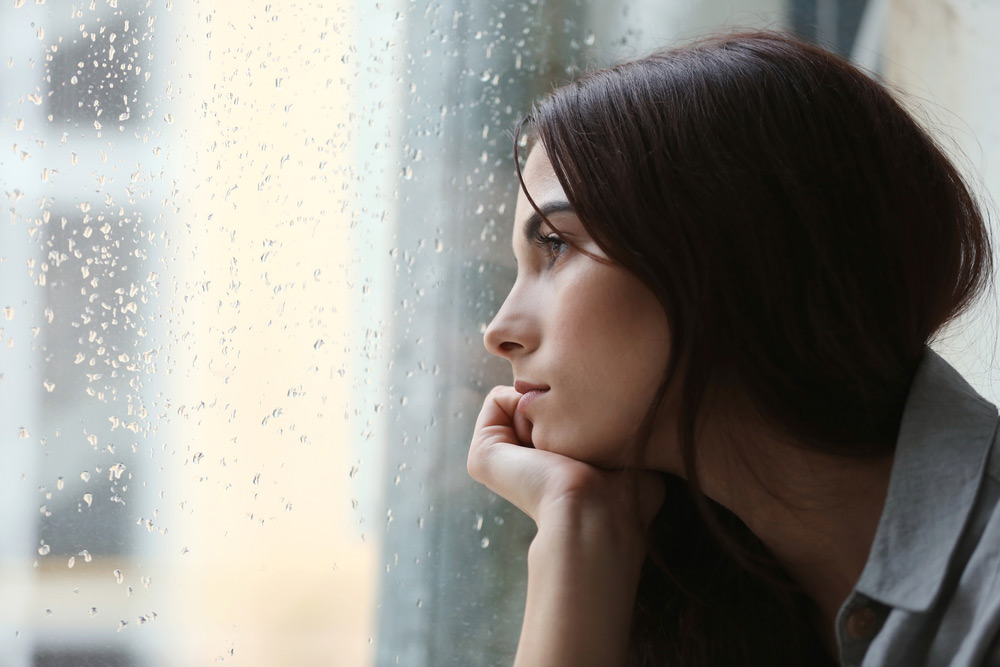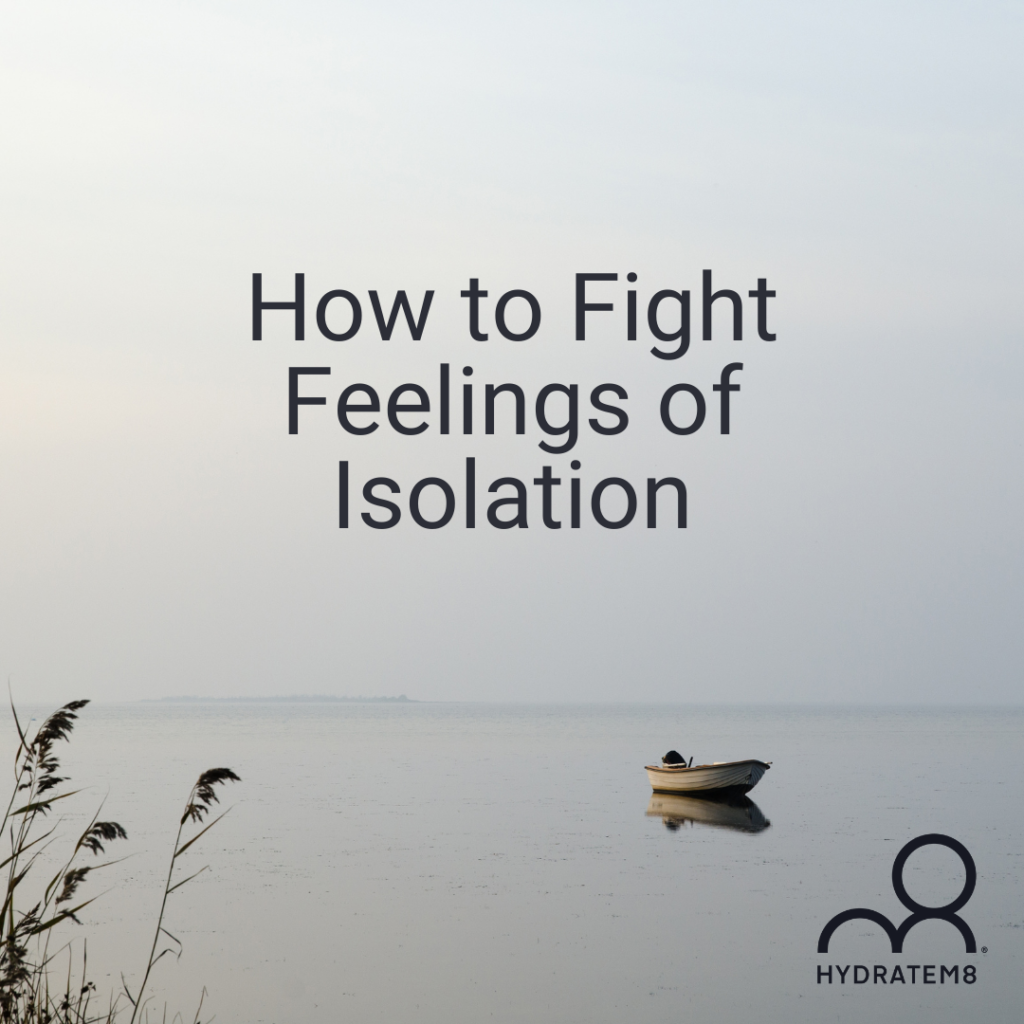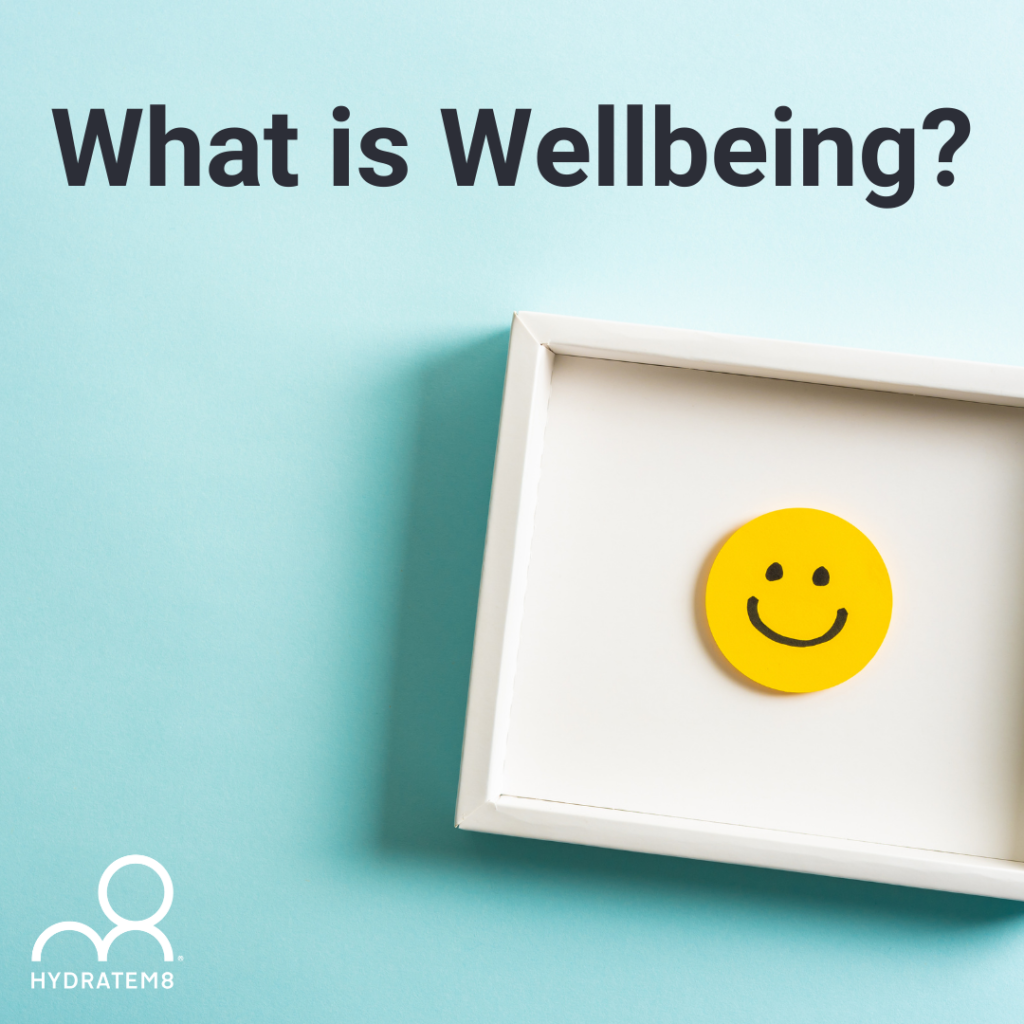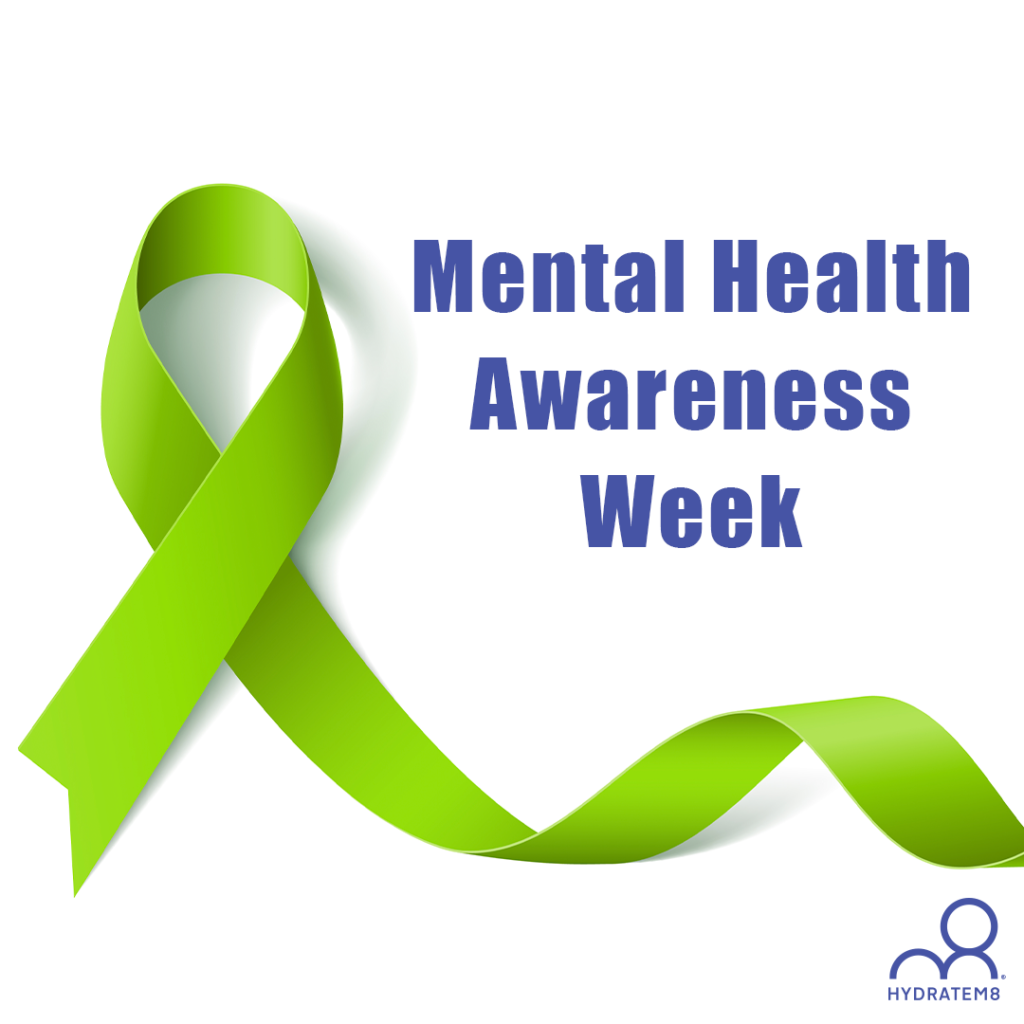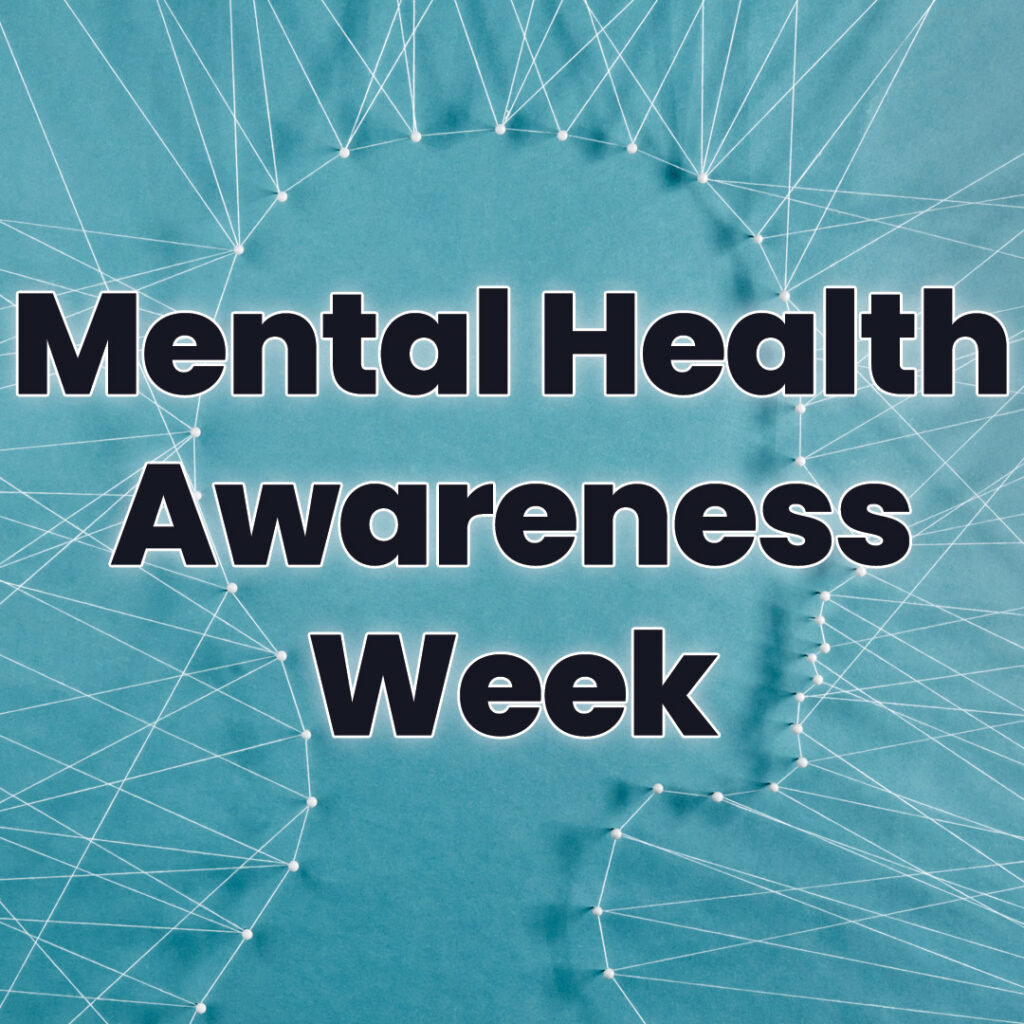Whilst we feel that water is one of the most magical potions on earth, it doesn’t cure everything, but it certainly goes a long way to alleviating certain mental conditions such as depression, stress and anxiety. If anyone has suffered from these before, they will know just how debilitating they can be. Whilst the symptoms of these illnesses are different, they can be very closely linked, with one causing the other as a reaction to outside influences, and thus causing a ‘knock-on’ effect.
Various scientific studies have closely linked dehydration to ‘mood swings’ and latterly depression. Dehydration will quickly affect your brain, starting with dizziness and spreading to confusion and lack of clear thought. Why, you may ask?
Explaining chemical reactions in simple terms, our brains are comprised of 85% water, and consequently, water deprivation will certainly kick in if our water intake is below recommended levels. When our bodies are deprived of that essential water (i.e. dehydration), it immediately reacts by taking water from essential organs and other parts of the body such as the brain, bones and muscles. Once the brain slows down on creating and dispensing energy, the problems of moods, anxiety or depression can often result.
Alcohol of course can cause depression in many people, and once again this is closely linked to dehydration. A lot of water is needed to flush out alcohol from the body and for those who drink on a regular basis without allowing their bodies to flush out toxins, can live with continued dark moods and anxiety, which can turn to depression over a period of time. There are of course, other elements that can cause depression, stress or anxiety not just lack of water (bereavement, divorce etc)., but water can still help in these instances by keeping mood conditions created by the brain from worsening.
Hard as it may be, it is wise when moods are low or you are suffering from anxiety or depression, cutting out items such as excess caffeine and sugary or fizzy drinks and consuming more water as a replacement, is highly recommended. In addition, certain drugs administered for mood illnesses can also cause slight dehydration, so upping your water intake within recommended levels is also a helping hand.
Controlling your food intake wisely in addition to your water consumption is imperative – electrolytes are essential within the body and adequate supply can be gleaned from water and a high percentage water based foods, such as fruit and vegetables. Some scientists are tremendous advocates of the ‘salt and water’ method of alleviating moods and depressive illnesses, but this does not necessarily suit everyone and the amount of salt or salty foods must be controlled – salt of course, can be dehydrating if consumed in excess but it is an essential part of keeping your body healthy.
You may also consider using a natural supplement in your drinking water, one that is herbal based, which will have a good effect on calming anxiety or moods that lead to full blown depression. If you want to try this as a method, do please consult your medical practitioner before taking any supplements, particularly if you have any other illnesses. Natural supplements are readily available, but you can also try your own fruit or herb waters to keep you hydrated at home, in the office or on a long car journey – particularly if you find water boring or difficult to consume.
Above all, always remember to drink water, and never leave yourself without hydration for a long period of time.

